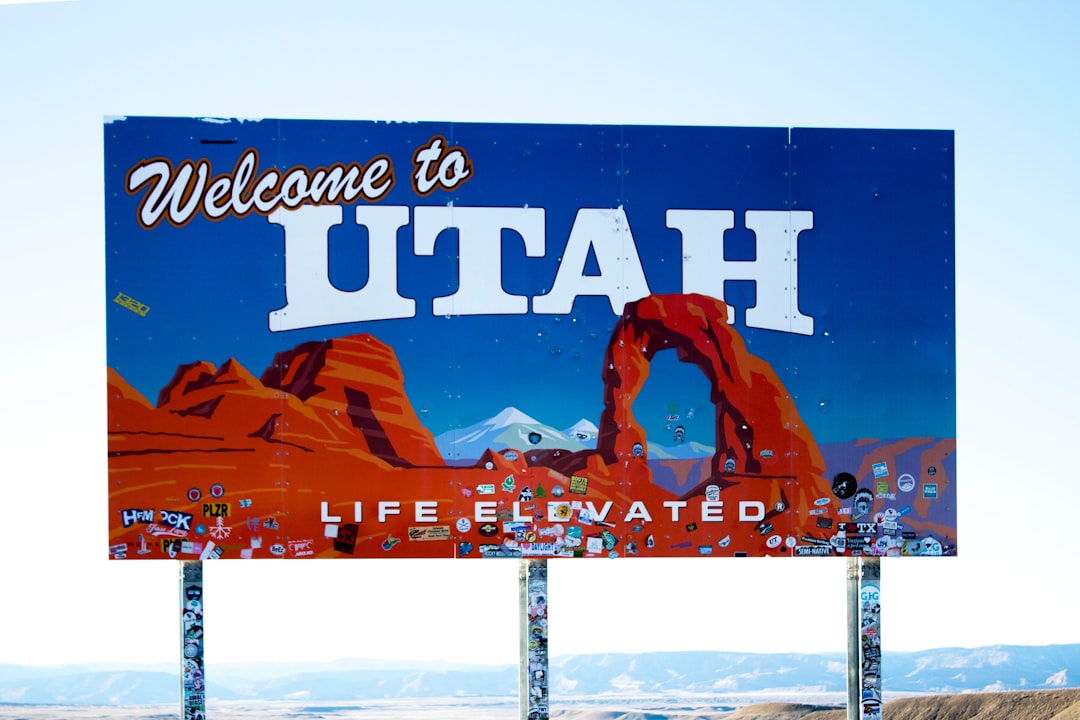Utah's strict Do Not Call laws protect residents from unwanted telemarketing, with enforcement by the Attorney General's Office. Brian Head's hospitality industry has adapted, shifting to online booking and digital marketing due to privacy concerns among travelers. Hotels must comply with regulations, using CRM systems for data management, automated communication tools, and advanced opt-in systems while fostering guest relationships through personalized marketing. Do Not Call Attorneys in Utah assist in this navigation for enhanced customer satisfaction and loyalty.
“In Utah, ‘Do Not Call’ laws have significantly impacted the hospitality industry, particularly in scenic Brian Head. This article delves into the effects of these regulations on local hotels and explores strategies for compliance. We examine the legal framework surrounding Do Not Call laws, their influence on reservation trends, and how technology can aid in balancing privacy and customer retention. With a focus on Brian Head’s unique context, this piece offers insights from a Do Not Call Attorney Utah, shedding light on the industry’s challenges and potential for growth.”
Understanding Do Not Call Laws in Utah: A Legal Perspective

In Utah, the Do Not Call laws are designed to protect residents from unsolicited telephone solicitations, ensuring their privacy and peace of mind. These regulations are enforced by the Utah Attorney General’s Office, which works to prevent fraudulent or aggressive marketing practices. The Do Not Call Act permits individuals to register their phone numbers on a state-managed list, barring commercial calls from telemarketers and sales representatives. This law is particularly relevant in Utah’s hospitality industry, especially in areas like Brian Head, where hotels often rely on direct bookings and word-of-mouth recommendations.
Hotels in Brian Head, as businesses operating within this framework, must adhere to these laws to avoid legal repercussions. A Do Not Call Attorney Utah can guide hotel owners and managers through the intricacies of these regulations, ensuring compliance to protect their operations from potential fines or lawsuits. Understanding and respecting these consumer protections is vital for maintaining a positive reputation in the hospitality sector.
Impact on Hotel Reservations and Occupancy Rates

Brian Head’s hotel industry has seen a significant shift since the implementation of Do Not Call laws in Utah. These regulations have directly impacted reservation patterns, as potential guests are now more cautious about sharing their contact information due to privacy concerns. Many travelers, especially those unfamiliar with the area, might avoid providing their phone numbers, leading to a decrease in direct bookings. Hotels that once relied heavily on telemarketing and call-to-action campaigns now need to adapt their strategies.
The result is a notable shift towards online booking platforms and digital marketing. Hotels are focusing more on optimizing their websites and leveraging social media to attract guests. Additionally, partnerships with travel agencies and local tourism boards have become crucial for maintaining occupancy rates. While the change presents challenges, it also offers an opportunity for hotels in Brian Head to enhance their customer engagement strategies, ensuring they remain competitive in the hospitality market while adhering to Utah’s Do Not Call Attorney regulations.
Strategies for Compliance and Customer Retention in Brian Head

Hotels in Brian Head, like elsewhere in Utah, must navigate the complexities of Do Not Call laws to maintain customer trust and retain business. A key strategy for compliance is empowering staff with comprehensive training on these regulations, ensuring they can confidently address guest concerns and requests related to marketing communications. This includes clear guidance on how and when to honor “Do Not Call” requests, with a focus on maintaining open dialogue while respecting guest preferences.
Implementing robust data management practices is another crucial step. Hotels should utilize customer relationship management (CRM) systems to track interactions, preferences, and consent levels, ensuring they only engage with guests who have agreed to receive marketing materials. By integrating these strategies, Brian Head hotels can effectively manage compliance while fostering meaningful connections with visitors, ultimately enhancing customer satisfaction and loyalty. Engaging a Do Not Call Attorney Utah can provide expert guidance tailored to local regulations, further strengthening these efforts.
The Role of Technology in Navigating Privacy Regulations

In today’s digital era, technology plays a pivotal role in helping businesses navigate complex privacy regulations, including Utah’s strict Do Not Call laws. Hotels in Brian Head, like many establishments across the state, have embraced innovative solutions to ensure compliance while continuing to provide exceptional guest experiences.
Do Not Call Attorneys in Utah assist hotels by implementing sophisticated opt-in systems and automated communication tools that respect customer preferences. These technologies enable personalized marketing efforts, allowing hotels to connect with guests without infringing upon their privacy. By leveraging data analytics and customer feedback mechanisms, hoteliers can make informed decisions, fostering a seamless and legally compliant environment for all interactions with their clientele.






